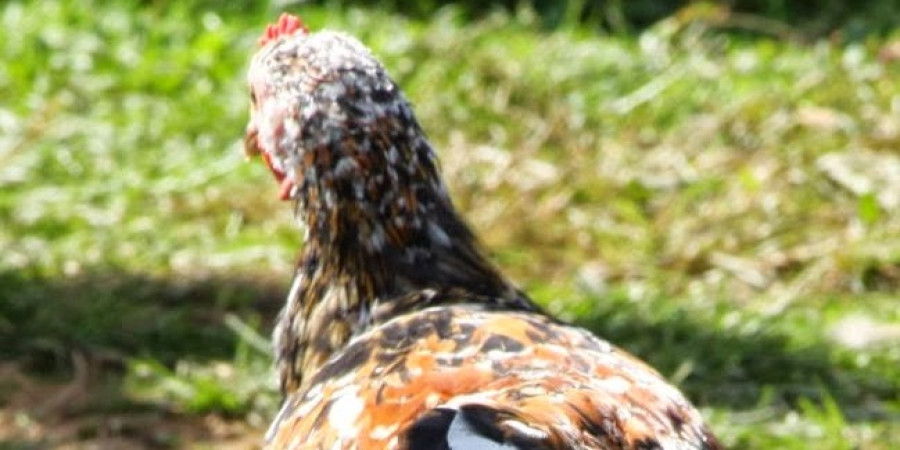

Can a Chicken Have a Stroke? Understanding Neurological Issues in Backyard Flocks
Chickens are beloved backyard pets, but like any animal, they can face health challenges. One question that occasionally arises is whether chickens can suffer from strokes. While less common than in mammals, chickens can experience neurological problems that display symptoms similar to strokes in humans.
What is a Stroke?
In humans, a stroke occurs when blood flow to part of the brain is interrupted, often due to a clot or blockage. This causes a lack of oxygen to brain cells, leading to damage or death of those cells. Stroke symptoms can include sudden numbness or weakness, especially on one side, difficulty speaking, and loss of balance.
Strokes and Similar Ailments in Chickens
While chickens don't suffer strokes precisely as humans do, they can experience neurological events with similar presentations. Possible causes include:
- Marek's Disease: This viral disease can cause tumors that put pressure on nerves, leading to paralysis, loss of balance, and head twisting.
- Vitamin Deficiencies: Lack of certain vitamins (like Thiamine or Vitamin E) can lead to neurological issues including tremors, seizures, and difficulty walking.
- Head Injuries: Trauma to the head can cause brain damage, impacting a chicken's balance and coordination.
- Other Illnesses: Various infections or diseases affecting the nervous system can manifest with stroke-like symptoms.
Signs to Watch For
If you notice anything unusual with your chicken's behavior, pay close attention:
- Trouble walking, standing, or loss of balance
- Head tilting, twisting, or tremors
- Seizure-like activity
- Weakness or paralysis
- Changes in eyesight
When to Seek Veterinary Care
If your chicken exhibits any of these concerning symptoms, consulting an avian veterinarian is crucial. Early diagnosis and treatment can significantly improve outcomes for many conditions.
References
- Signs of a Stroke in Chickens - Yes, Chickens Can and Do Have Strokes
- Marek's Disease in Chickens | VCA Animal Hospitals
- The Merck Veterinary Manual - Poultry
Disclaimer: This article is for informational purposes only and should not be taken as a substitute for professional veterinary advice.
Popular articles

Apr 11, 2024 07:40 PM

May 25, 2024 08:09 PM

Apr 11, 2024 07:22 PM

Apr 10, 2024 07:59 PM

Mar 14, 2024 07:53 PM
Comments (0)